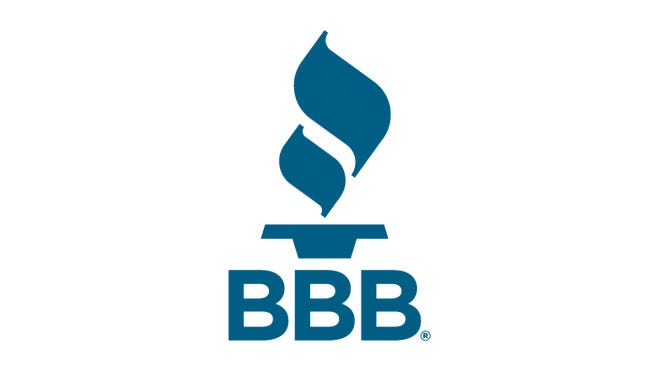- Randy Hutchinson is president and CEO of the Mid-South Better Business Bureau.
The headline of the article I read said that genetic testing fraud could be the next big concern for U.S. health care.
That figure could get even worse, given that a lab owner was sentenced to 27 years in prison last year for defrauding Medicare of $187 million for genetic testing. It's a scary thing to think about.
Minal Patel of Atlanta owned Lab Solutions, which was enrolled in Medicare to perform advanced genetic testing.
The Justice Department said the suspect conspired with patient brokers, telemedicine companies and call centers to contact Medicare beneficiaries and falsely claim that Medicare would cover expensive cancer genetic tests.
If a Medicare beneficiary agreed to a test, Mr. Patel paid kickbacks and bribes to a broker to find a telemedicine doctor who would authorize the test. Physicians approved tests even though they did not treat Medicare beneficiaries, often without talking to beneficiaries or evaluating the medical necessity of the tests.
Patel submitted $463 million in claims to Medicare over three years. Paid $187 million. He personally received $21 million.
Better Business Bureau Tips:Grief should not be used as an excuse to deceive and funeral directors should not mislead consumers
Federal authorities are pursuing fraud
Three people were arrested in Texas for running a similar scheme through a company called ApolloMDx.

They offered illegal kickbacks to buy recipient information from marketers and order genetic tests from doctors.
Some doctors falsified diagnoses to make it seem like patients were eligible for genetic testing, even though they were not. ApolloMDx also changed the service dates on test orders to make it appear as if multiple DNA samples were collected on different days in order to bill for additional services.
These scammers billed Medicare $142 million for genetic testing. When they were arrested, Texas authorities and the FBI seized a sports car, a yacht, and property worth a combined $7.1 million.
The FBI special agent in charge of the Patel case said, “There is no place for deception, kickbacks, or bribes in providing legitimate genetic testing or telehealth services to patients in need.'' Our message to those who steal from taxpayers is clear: You will be arrested and held accountable.”
5 tips to protect yourself from scams
The U.S. Department of Health and Human Services inspector general said scammers also target Medicare beneficiaries through booths at public events, health fairs and door-to-door canvassing. Victim information can also be used for identity theft. The inspector general warns that if Medicare denies a claim for a genetic test, Medicare beneficiaries may be responsible for the entire cost of the test, which can run into the thousands of dollars.
The inspector general has the following advice to protect yourself:

- If you receive a genetic testing kit in the mail, do not accept it unless directed by your doctor. Please refuse the delivery or return it to sender. Please record the sender's name and the date you returned the item.
- Be suspicious of anyone offering “free” genetic testing and asking for your Medicare number. Your personal information may be used for other fraud schemes.
- A doctor you know and trust should evaluate your condition and approve your request for genetic testing.
- Medicare beneficiaries should be wary of unsolicited requests for Medicare numbers. If someone other than your doctor requests your Medicare information, don't give it to them.
- If you suspect Medicare fraud, please contact the HHS OIG Hotline.
Randy Hutchinson is president and CEO of the Mid-South Better Business Bureau.


